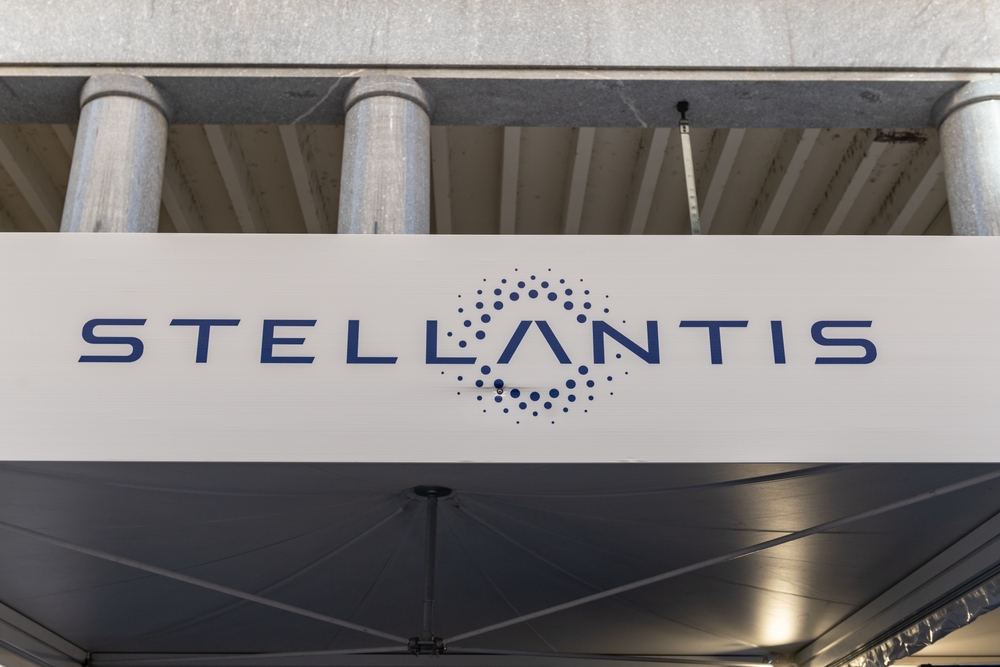Strategic Shift Away from Hydrogen Technology
Stellantis has officially terminated its hydrogen fuel cell development initiative, citing a combination of insufficient refueling infrastructure, high investment requirements, and weak consumer incentives. The company had previously planned to begin serial production of its hydrogen-powered Pro One vans this summer, but the program will now be discontinued.
The medium-sized vans were set to be manufactured in Hordain, France, and the large vans in Gliwice, Poland. These plans have now been canceled as the automaker reevaluates its strategy in response to economic and regulatory pressures. The decision reflects Stellantis’ reassessment of hydrogen’s commercial viability in the light commercial vehicle sector.
Focus Shifts to Electric and Hybrid Vehicles
According to company leadership, Stellantis is reallocating its focus and resources toward electric and hybrid solutions that are better aligned with existing consumer demand and environmental regulations. The company stated that hydrogen remains a niche segment with limited economic sustainability and no viable path to large-scale adoption in the near future.
Stellantis reaffirmed its commitment to meeting stringent CO2 emissions targets in Europe. It will intensify its investment in battery-electric and hybrid vehicles across both passenger and light commercial segments, in an effort to stay competitive and address regulatory and market demands more efficiently.
Operational and Workforce Impact
The termination of the hydrogen program will not result in job losses at Stellantis’ production facilities. Manufacturing operations in France and Poland are expected to continue under revised production plans. The company confirmed that employees assigned to hydrogen-related projects will be transitioned to other research and development initiatives.
This shift underscores Stellantis’ strategic flexibility in aligning its innovation pipeline with technologies that show more immediate promise in market adoption. The company’s research and development units are now set to focus on scalable technologies with greater commercial viability.
Symbio Stake and Future Hydrogen Implications
The decision also has implications for Stellantis’ investment in Symbio, a hydrogen technology company. Stellantis has begun consultations with Symbio’s shareholders to assess the current market conditions and determine how to safeguard the interests of the company in light of the changing strategic direction.
This move is expected to prompt a broader evaluation of hydrogen fuel initiatives across the auto industry, particularly as other stakeholders reconsider their positions based on economic sustainability and infrastructure limitations. The outcome of the Symbio discussions may influence the future landscape of hydrogen investment in Europe.


